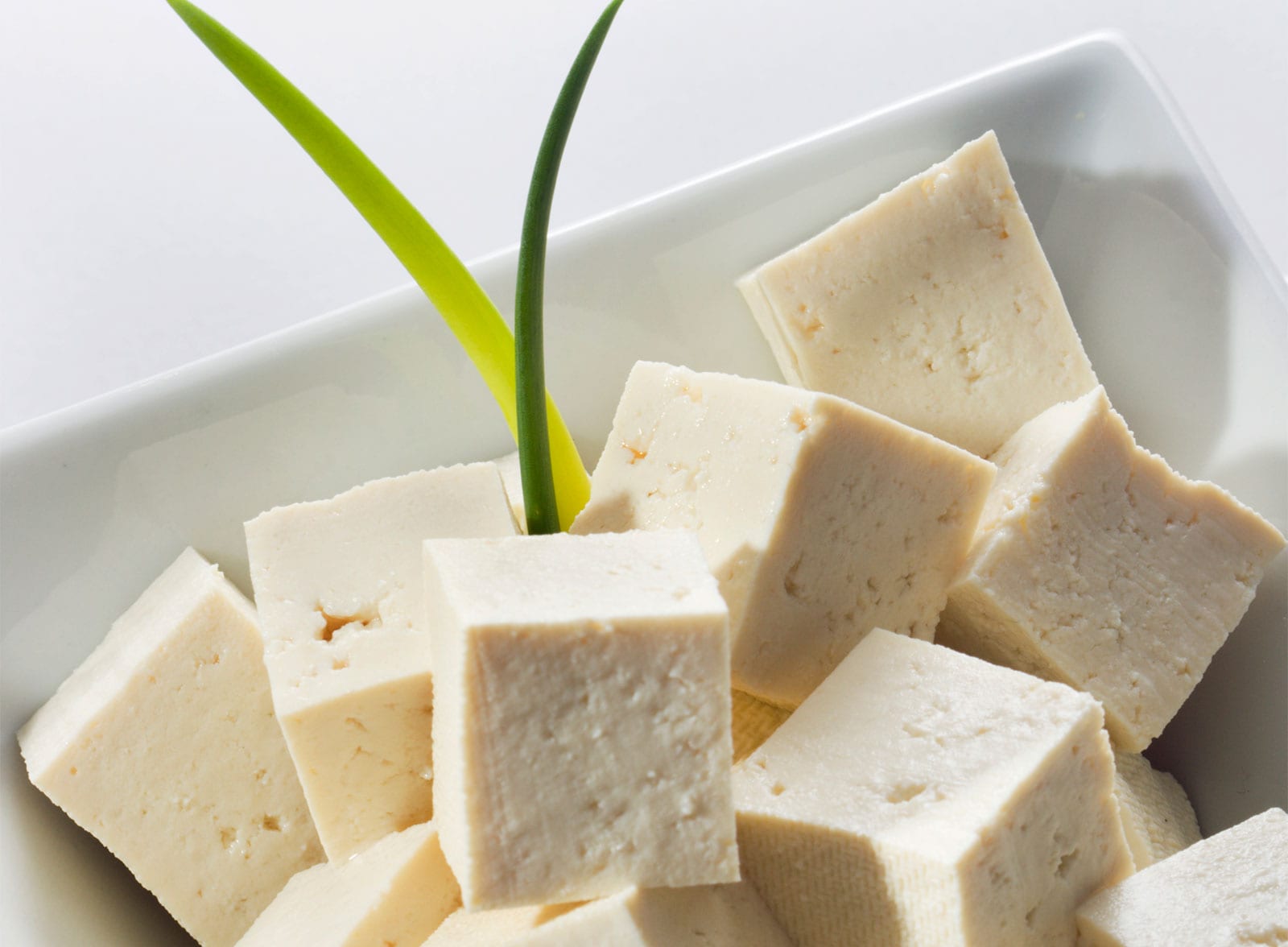Soybeans deliver complete protein along with vitamins, minerals, healthy fatty acids and fiber. But conflicting research has created uncertainty about consuming soy. A research summary highlights the latest soy research information related to breast cancer, use in meat alternatives and men’s health.
As a complete protein, soybeans are packed with vitamins and minerals, healthy fatty acids and fiber. Clinical evidence shows that consuming soy may reduce the risk of osteoporosis, coronary heart disease, and some forms of cancer. However, other research has highlighted the potential health risks of soy, instilling fear and uncertainty about eating it.1
Here is research that addresses common soy myths.
Myth 1: Soy consumption increases breast cancer risks.
The primary fear behind soybeans is the isoflavones they contain. Isoflavones are phytoestrogens, a plant compound that can chemically act like estrogen.2 A common concern is that breast cancer, especially estrogen-positive breast cancer, can grow in the presence of estrogen.1
However, multiple research studies suggest no association between soy and breast cancer. In fact, soy consumption may even lower the risk of breast cancer. Isoflavones have anti-inflammatory and antioxidant properties with potential to reduce cancer growth.3 Although it is true that isoflavones have similar chemical properties to estrogen, the compound also has antiestrogen properties, including the ability to block natural estrogens from binding to estrogen receptors and halting estrogen formation in fat tissue.4
Myth 2: Soy imitation meat products are nutritious.
Soybeans are extremely versatile and can be used as an ingredient to create numerous products including soy cheese and soy meat alternatives. These products don’t have meat, but does that make them healthier, more nutritious options?1
Soybeans, which indeed are nutrient-packed, have replaced meat in these imitation-meat products. However, transforming the soybean to a product that resembles a chicken nugget or sausage requires processing. It also requires the addition of ingredients that mimic meat textures and flavors. The result could be products high in sodium and fat.1
Soy meat products are highly processed. To obtain the most health benefits from soy, consider whole or minimally processed forms such as edamame, tofu, tempeh, and miso .1
Myth 3: Soy reduces testosterone levels in men.
Another widespread misconception is that soy decreases the testosterone levels in men and can lead to prostate cancer. These concerns, however, originate from studies in rodents that showed the impaired ability for male rats to produce offspring when given high doses of phytoestrogens. It’s important to distinguish that rodents metabolize soy isoflavones differently than humans – it has not been shown to have the same effect in humans.1
Instead, a meta-analysis research study (a method of combining data from several selected studies) published in Fertility and Sterility presented that soy protein or isoflavones did not affect the reproductive hormones in men.5 The American Journal of Clinical Nutrition also published a research study that showed men who actually increased their intake of soy reduced the risk of prostate cancer by 25 percent.6
References:
1 “Debunking Three Myths about Soy” Health Tips, Bastyr Univesrity, February 1, 2018.
2 Soy Isoflavones, Oregon State University.
3 Isoflavone, Science Daily.
4 Thalheimer, Judith C. “The Top 5 Soy Myths.” Today’s Dietitian, vol. 16, no. 4, 2014, p. 52,
5 Messina, M. “Soybean isoflavones exposure does not have feminizing effects on men: a critical examination of the clinical evidence.” Fertility Sterility, vol. 93, no. 7, 2010.
6 Yan, Lin, and Spitznagel, Edward L. “Soy consumption and prostate cancer risk in men: a revisit of a meta-analysis.” The American Journal of Clinical Nutrition, vol. 89, no. 4, 2009.
